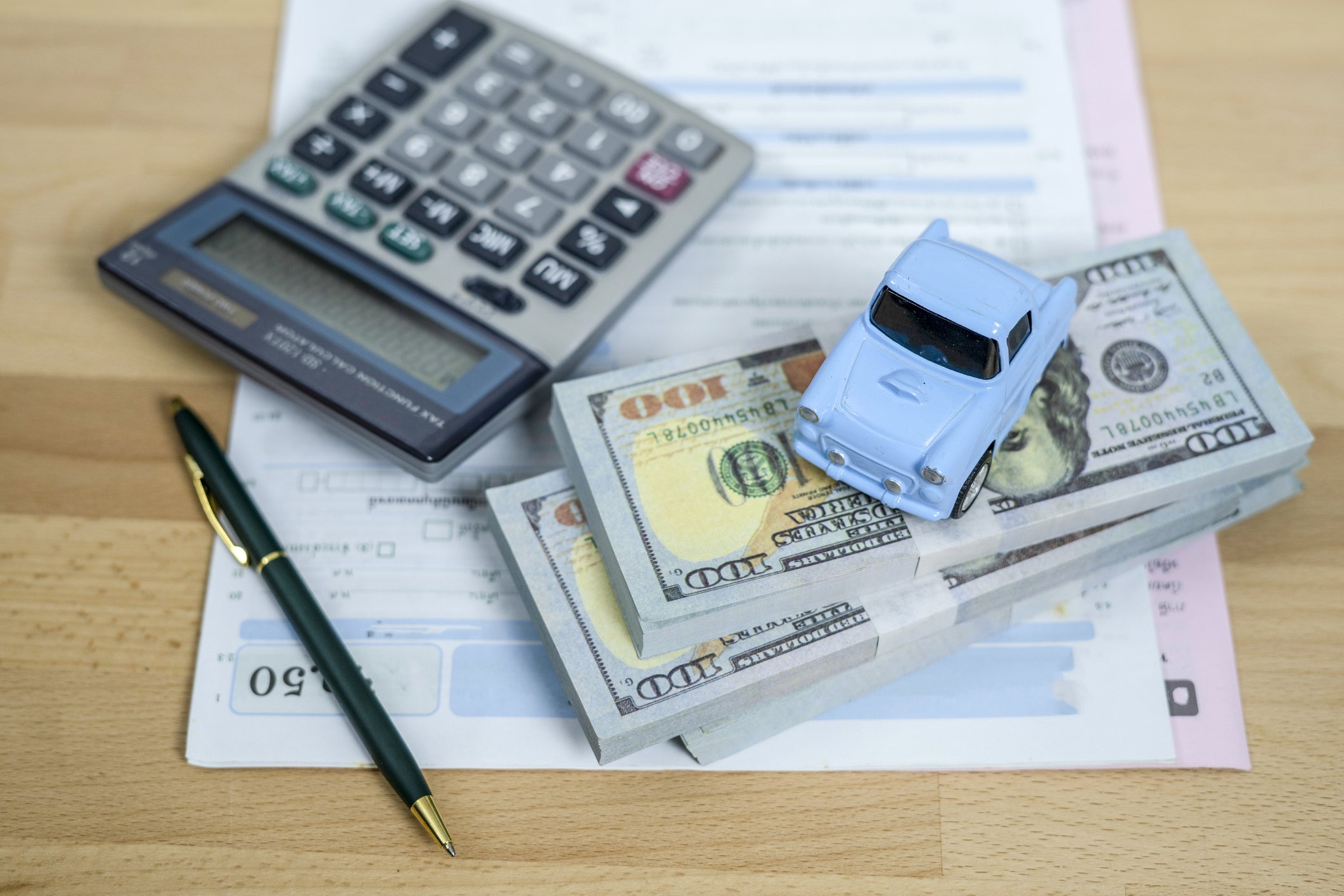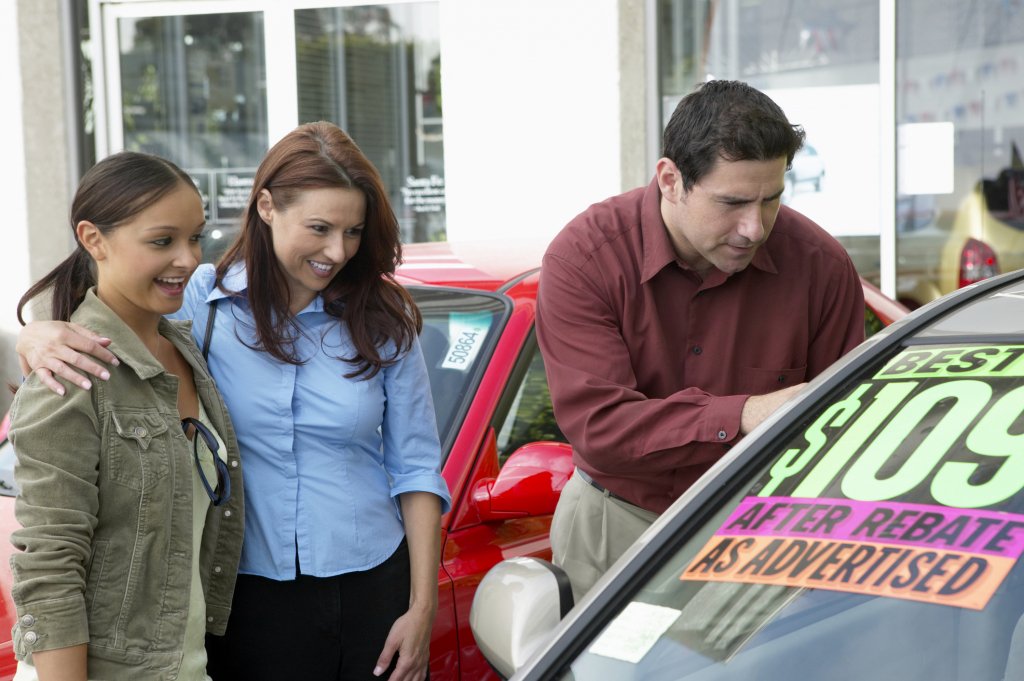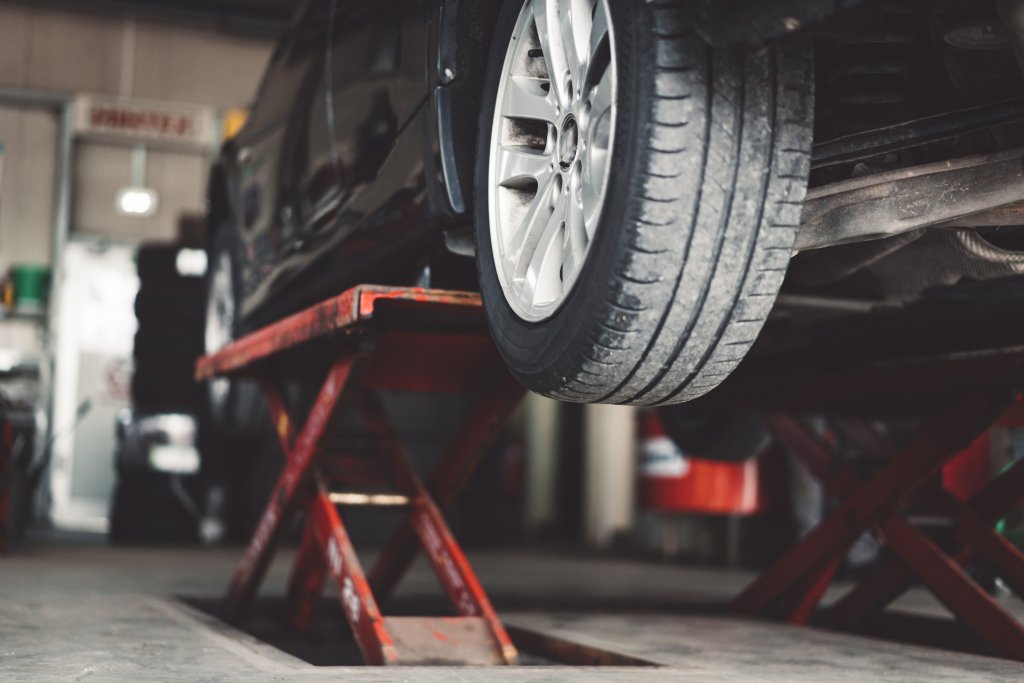
Everyone needs a reliable car for commuting and weekend fun. But new cars or lease payments are often expensive, especially when you factor in registration fees, insurance, and more.
Used cars can be less expensive initially, making them a perfect pick for many Americans. But if you buy the wrong vehicle, you might end up paying more in the long run when factoring in maintenance fees, repair costs, and other hidden expenses.
Just how do you make sure you drive off the lot with a decent used car instead of a lemon? With a little research, some old-fashioned elbow grease, and budget-friendly car repair financing options.

Buying a used car can save you money if you know what to look for – check for these things before signing on the dotted line to avoid financial headaches later on.
Always ask the car’s dealer or owner for the owner’s manual, plus the vehicle’s history report and any maintenance reports. A detailed vehicle history report will include:
This report can help you tell whether a car that looks fantastic on the outside is also structurally sound on the inside and can give you some insight into what repairs you may need to make after purchasing.

Make sure that tire treads are worn evenly and that all four tires broadly match one another – if even one tire looks more worn down than the others, it might indicate issues with the car’s frame, suspension, or steering column. All of that can take a bite out of your budget.
Take a peek inside the car and check out the upholstery. Used cars with several years under their (seat)belts might have interior fabric that is marred by stains, cracked leather, and tears. All of that can be pretty pricey to repair.
Odds are you’ll notice right away if a used car’s paint needs work. But take a closer look to check for any small rusting spots or paint chips, especially on commonly bumped areas like the doors, mirrors, and bumpers.
Pop the hood – don’t be scared to get your hands dirty, even if you aren’t a mechanic yourself. A quick visual inspection of the engine for corrosive damage or fluid leaks can go a long way toward avoiding big car issues later down the road (pun intended).
You should also check the oil and transmission dipsticks – good oil will be a light brown color and good transmission fluid will be red or pink. Certain fluid discolorations can be an indication that repairs are needed, while others simply need to be changed.
Turn the car on and test out the electronics, like the radio. Used cars that otherwise run fine but don’t have working electronic controls or panels are more common than you might think. Who wants to drive to work without listening to their tunes or a favorite podcast?
Check if a given used car is Certified Pre-Owned. A Certified Pre-Owned vehicle is more carefully tested and inspected for wear and tear or major problems before being sold to a dealership.
Even better, sometimes Certified Pre-Owned vehicles come with a bunch of extra perks, like free oil changes, free scheduled maintenance, and complimentary roadside assistance.
You’ve checked for all the factors above and the used car you want to buy looks good. Should you put your money down now?
No way! Instead, ask the car owner if you can take the used vehicle to a mechanic you trust. If the seller refuses, stop the sale; it’s likely not worth your time (or your money). A mechanic can do a more detailed inspection and potentially catch issues you might have missed.
Of course, if you already have the necessary mechanical skill, you can do an in-depth inspection. Either way, a used car owner or dealership won’t mind if you take this step if they have nothing to hide.
Finally, it’s always a good idea to take a used car for a short test drive before buying it. This is a standard request, just like taking the car to a mechanic’s shop, so the car salesman should let you feel how the car moves before purchasing.
Test out the car’s major controls, such as the brakes, air conditioning, steering, and electronic buttons to make sure everything works.
Even when you inspect a used car thoroughly and look for budget-friendly vehicles in your area, you might still wince a bit at how much a used car can cost. You may even have to do some repairs depending on your purchase budget. Luckily, you can save on some major car expenses by following these key strategies.
Always research prices before going used car shopping. Having a fair price point in mind – which you can determine by seeing what similar used cars cost in your area – will help you negotiate down a car’s price within reason.
Remember, most used car purchases include a bit of negotiation. It’ll save you hundreds or thousands of dollars to be upfront about your price limitations to a dealer, who likely just wants to sell a used car ASAP.
When a salesman presents you with a bill or purchase order, ask for an itemized list of all fees included in the total price. Car dealerships will sometimes include negotiable fees like:
In many cases, just asking for this list will make some of the charges disappear – the others are fees you can often negotiate away with your salesman.
Even well-maintained used cars occasionally require minor fixes. But you don’t have to settle for the high prices car sales companies will charge to make those repairs.
With a little elbow grease and a trip to an auto parts store, you can save money and make minor repairs on things like:
Some repairs might take a little more time and money than you can spare, even on a credit card. That’s okay.
Depending on your credit history, you may be able to take out a budget-friendly car repair loan and have your used car fixed by a mechanic. It’s always smarter to get repairs done right away, both for your safety and so you don’t spend more money on expensive fixes when a small problem becomes worse.
With a personal loan, you don’t have to wait months to save up the amount you need. You’ll be able to pay for car repairs without having to break the bank, plus get back on the road in a safe vehicle in no time. After getting the repairs, you can make affordable payments toward the total loan amount.
The information and materials provided on this website are intended for informational purposes only and should not be treated as an offer or solicitation of credit or any other product or service of Regional Finance or any other company. This website may contain links to websites controlled or offered by third parties. We have not reviewed all of the third-party sites linked to this website and are not responsible for the content, products, privacy policy, security, or practices of any linked third-party website. The inclusion of any third-party link does not imply any endorsement by Regional Finance of the linked third party, its website, or its product or services. Use of any third-party website is at your own risk.
References accessed on April 16, 2021
IRS issues standard mileage rates for 2021
What Does a Vehicle History Report Tell You?
Certified Pre-Owned Cars: What You Need to Know
You can prequalify for your personal loan online in just minutes by clicking prequalify now. Or, if you prefer, call or stop by your local branch to get the process started. Our loan specialists can answer any questions you may have such as what a personal loan is, understanding personal loan interest rates, and how to qualify for a personal loan. We’ll help you fill out an application for the type of loan that fits your needs.